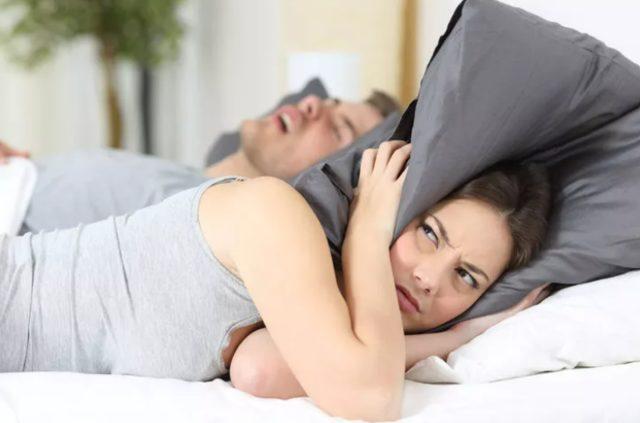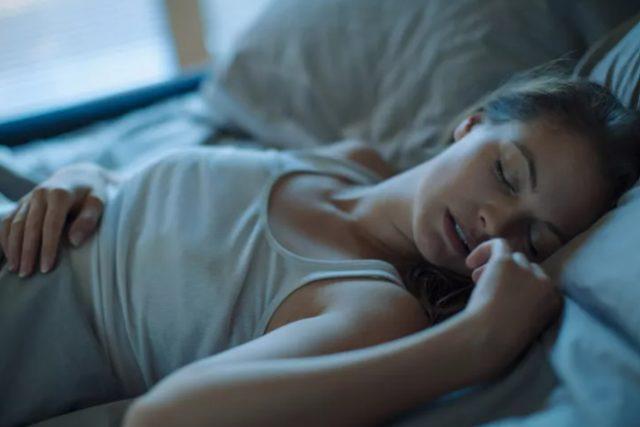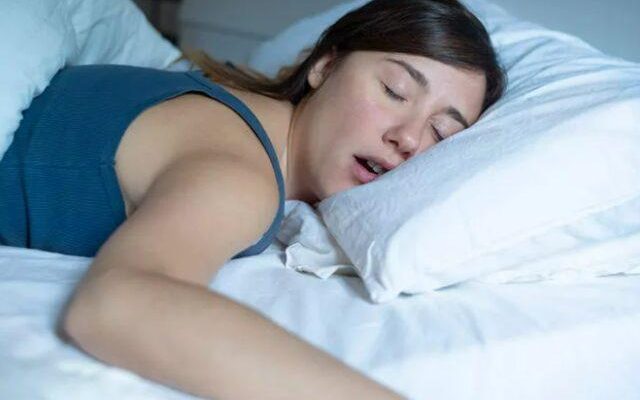Conditions such as sleep apnea, insomnia and snoring are among sleep problems. Ignoring these problems can lead to the development of various diseases. An Irish study found that people who snore are almost three times more likely to have a stroke than people who sleep quietly.
THEY DON’T REST ENOUGH IN SLEEP
The study, which included nearly 4,500 older adults, looked at whether sleep problems were associated with stroke. University of Galway’s Dr. Christine McCarthy said the results show an increased risk of stroke in people whose sleep is not restful enough for any reason.
THERE IS A RISK OF HEART DISEASE AND DEMENTATION

The problem of snoring, which is frequently seen in the society, can increase the risk of paralysis, which causes irreversible results. Life-threatening strokes are usually caused by the blockage of blood vessels that feed the brain. Previous research has determined that too little sleep can increase the risk of stroke, as well as other diseases such as heart disease and dementia.
ATTENTION IF YOU SLEEP LESS THAN 5 HOURS!

A recent study published in the journal Neurology looked at how certain sleep problems affect stroke risk. Among the approximately 4,500 people interviewed, there were people who had half a stroke and those who had never had a stroke. The researchers were interested in their sleep habits, including the number of hours they slept, sleep quality, nap time, snoring, and breathing problems during sleep. Those who slept less than five hours were three times more likely to have a stroke than those who slept an average of seven hours.
IMPROVE SLEEP PROBLEMS, REDUCING THE RISK OF PALACE
People with sleep apnea—when their breathing stops for a while during sleep and then resumes—are almost three times more likely to have a stroke than people who don’t have the problem. Based on the results, the doctors who conducted the study concluded that interventions to improve sleep may also reduce the risk of stroke.
